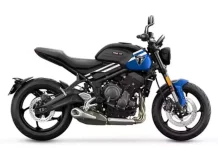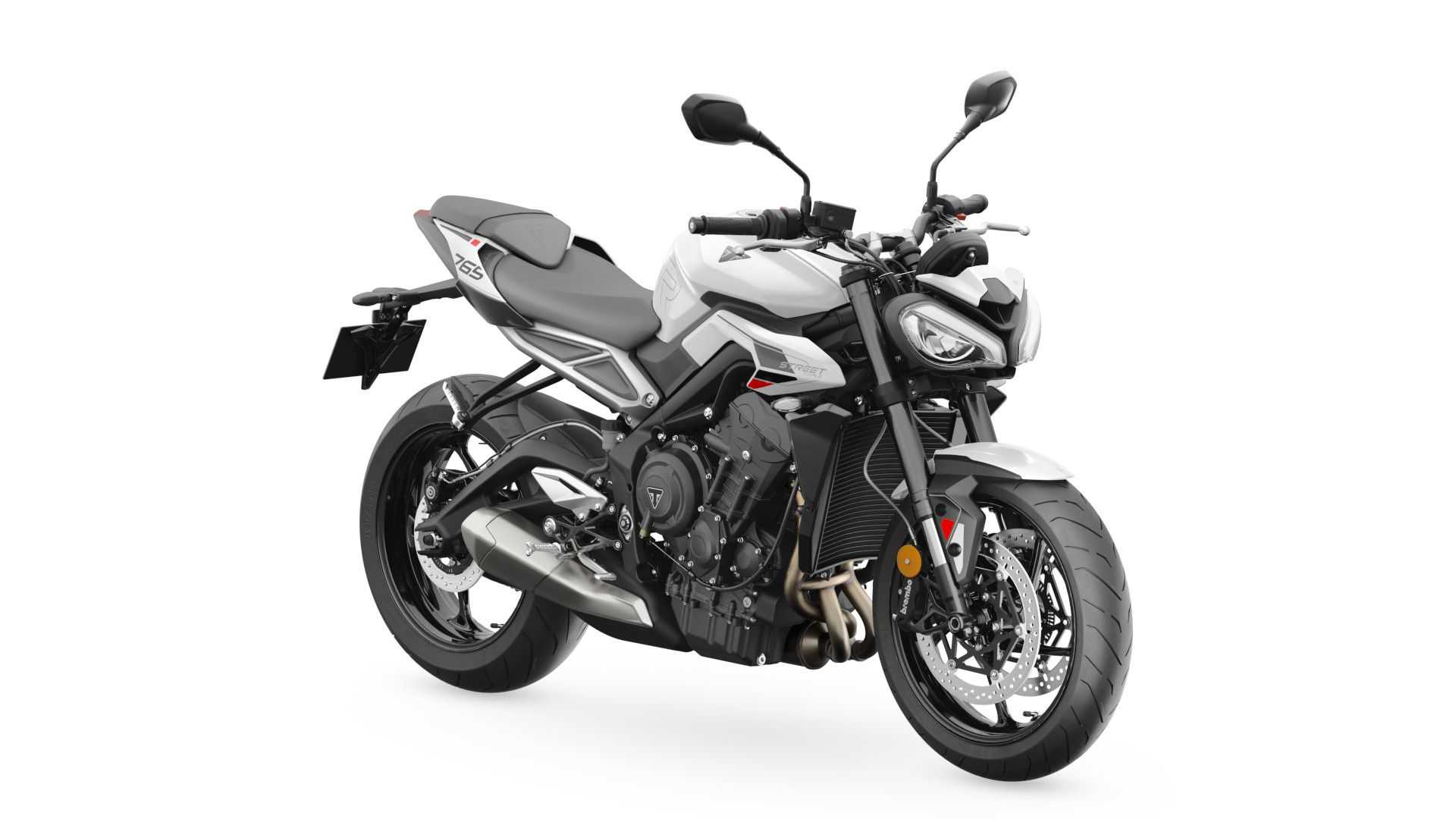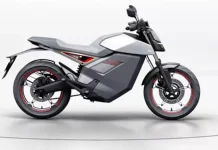Benling on the Hot Seat
India’s booming electric vehicles industry has attracted several new players vying for first-mover advantage. However, quality control failures like the Telangana’s Benling case indicate rush to capture market share without adequate safety testing protocols.
A recent ruling by a Consumer Commission in Telangana sheds light on the need for more robust safety standards and corporate accountability in the burgeoning electric vehicle industry. It ordered Chinese e-scooter manufacturer, Benling India, and its local dealer to jointly pay a substantial compensation amount of Rs 10 lakhs to one of its customers, whose vehicle had unexpectedly caught fire last year leading to material damage.

Electric scooter fire
The complainant, Mr Ramesh Gupta (name changed), had bought the Benling Model X electric scooter in April 2021 for regular personal commute in Hyderabad. However, within less than a year of purchase, the two-wheeler caught fire abruptly with the EV battery exploding in the process – an incident that could have endangered Mr Gupta’s life too. While specific technical causes behind the blast are yet to be ascertained, such incidents point towards glaring gaps in quality control and testing protocols before launch of such EV products in the market.
Understandably alarmed and concerned after this traumatic experience, Mr Gupta had promptly reached out to both the scooter dealer and Benling India seeking fair redressal. Expecting either a replacement vehicle or a full refund of purchase costs plus reasonable interest towards losses incurred, his ask was quite pragmatic. However, his initial complaints and later formal notices were simply ignored by both parties, following which he approached the district consumer redressal commission.
E-scooter battery explosion
Over the course of case proceedings, commission sent repeated notices seeking specific response and explanations from Benling India regarding the product defect, however the company chose not respond at all. Their blatant disregard for consumer grievance redressal system itself hints at lax organizational culture around customer centricity. The commission finally ruled in favor of Mr Gupta citing Benling’s liability under manufacturing defects clause.
In its verdict, commission noted that burden of identifying cause of accidents and mitigating risks directly lies with EV makers. By refusing to properly investigate the fire’s trigger, Benling showed unethical negligence and breach of trust, which could put many other customers at risk too. Hence, imposing penalties becomes imperative to ensure corporate responsibility and deter future violations.
EV fire safety standards
The rapidly surging demand for electric vehicles, fueled by rising fuel costs and environmental consciousness has attracted many new players like Benling. While this supports wider adoption of clean mobility solutions, focus on safety and reliability cannot be diluted in this rush to tap a booming market. Users are likely to face some incremental risks specific to EV technology too, including related to battery, motor, charging systems etc. Reassuring them with transparent disclosures, fail-safe mechanisms and prompt issue resolution is vital to earn consumer trust.
The Telangana case exemplifies how absence of these factors can not only severely impact customers’ life and assets, but also erode confidence in larger transition to e-mobility across India. With plans for 30% EV penetration by 2030, safeguarding buyer interests should be an uncompromisable priority. Standards institutions must upgrade quality norms and compliance requirements to global benchmarks too.
Electric vehicle product liability
Companies too need to reflect on their duty to place consumer interests first, beyond chasing sales growth. Instances like Benling show that ignoring this crucial aspect can seriously dent public goodwill and prospects in the long run. Promoting awareness of customer rights and activating consumer activism also plays a complementary role to corporate responsibility. Fair, transparent and quick redressal systems can help nurture electric mobility sector’s future outlook.
Thus the Telangana ruling sets valuable precedent, underscoring safety priorities for sustainable e-mobility growth and urging EV makers to respect customer rights with utmost sincerity. More stringent controls, compliance audits, proactive government monitoring and ethical organizational leadership become indispensable enablers for this modern, green transport technology to realize its true promise in India.
Find out how surging EV demand must not dilute focus on reliability and consumer safety considerations.
LivingWithGravity on Insta
LivingWithGravity in Facebook
LivingWithGravity on YouTube





































